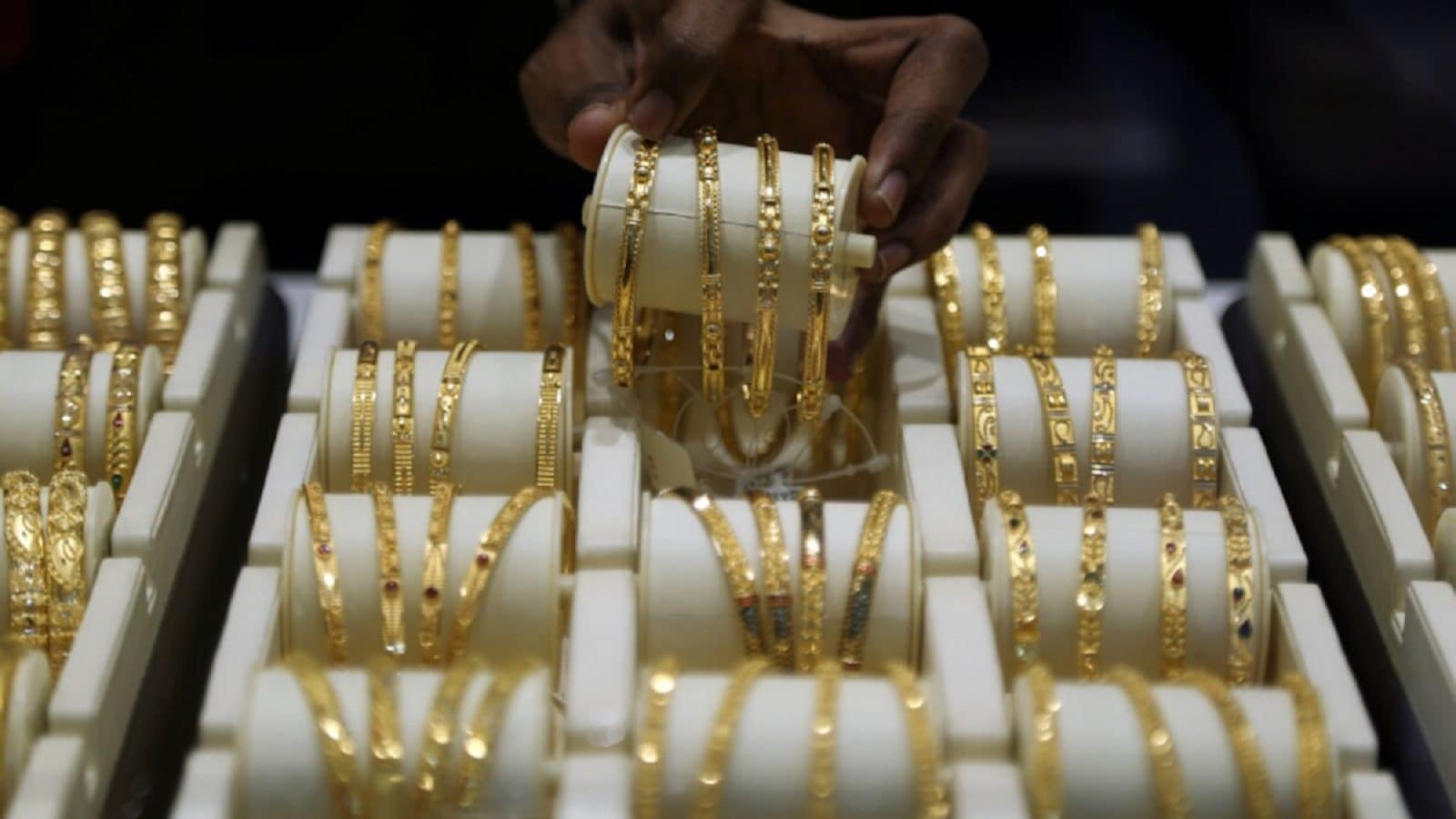Gold Jewellery Hallmarking Rules Postponed for 3 Months. All you Need to Know
The government has brought a huge wave of relief to jewellers across the country ahead of the festive season. The government had announced that the deadline for the implementation of gold hallmarking was extended by three additional months. The original deadline was on August 31, 2021, but with the new change to the deadline, jewellers now have till November 30 to implement the mandatory hallmarking on gold.
Additionally, it was also announced that jewellers would be able to enjoy some relief in the rules regarding the Hallmarking Unique ID (HUID). These HUID rules will only be applicable to the hallmarking centres and jewellers. The customer, however, will not be traced using the number. Initially, there were some concerns surrounding the rules amongst jewellers. Most concerning of all was that the hallmarking of the gold with the HUID itself.
The reason that this presents a big problem to jewellers is that when the hallmarking is done using the HUID number, it is officially registered. Making any changed to the piece of jewellery or its design after the registration means that the piece of gold has to be re-registered. One can see how this can prove a major hurdle in the day-to-day operations of the jeweller. As a result of this, some units have been granted an exemption from the hallmarking process.
Jewellers who have an annual turnover of up to Rs 40 lakh have been granted exemption from the mandatory hallmarking. This exemption also stretches to the units which export and then import the jewellery according to the trade policy and guidelines of the government. The exemption has further additions under its purview, such as international exhibitions as well as B2b domestic exhibitions with the government’s approval.
Currently, as the rules stand, the mandatory gold hallmarking is applicable in around 256 districts. Now with the new extensions, 18 carats, 22 carats, now 20 carats, 23 carats and 24 carats will also be allowed going forward. Hallmarking will have to mandatorily be applied to old and well as the new gold. The exemption for gold has one additional category and that is the exemption of hallmarking for gold that is used in watches, fountain pens and Kundan, polki and jadau jewellery.
However, even though the deadline was extended the rules were rolled out and made effective as of June 16, 2021. As a result of such a sudden shift in operational guidelines, many jewellers had gone on strike about it. This consisted of around 350 associations. Many jewellers are concerned about the impacts that this move will have on their daily operations. Having said that, this new approach is meant to protect the customers as it will insulate them from the illicit trade practices within the industry. This will also work to make the gold industry more transparent and forward.
The concept was pitched by the Bureau of Indian Standards (BIS) in 2000, however, it was not implemented for over two decades. It should be noted that certain pieces of jewellery are made with a mix of metals such as silver, bronze and so on. Hallmarking ensures and protects the customer’s rights to own pure gold. It also performs two very important functions. One is that it ensures the best-selling price and secondly, it gives legal protection to the trade.
Read all the Latest News, Breaking News and Coronavirus News here
For all the latest business News Click Here

